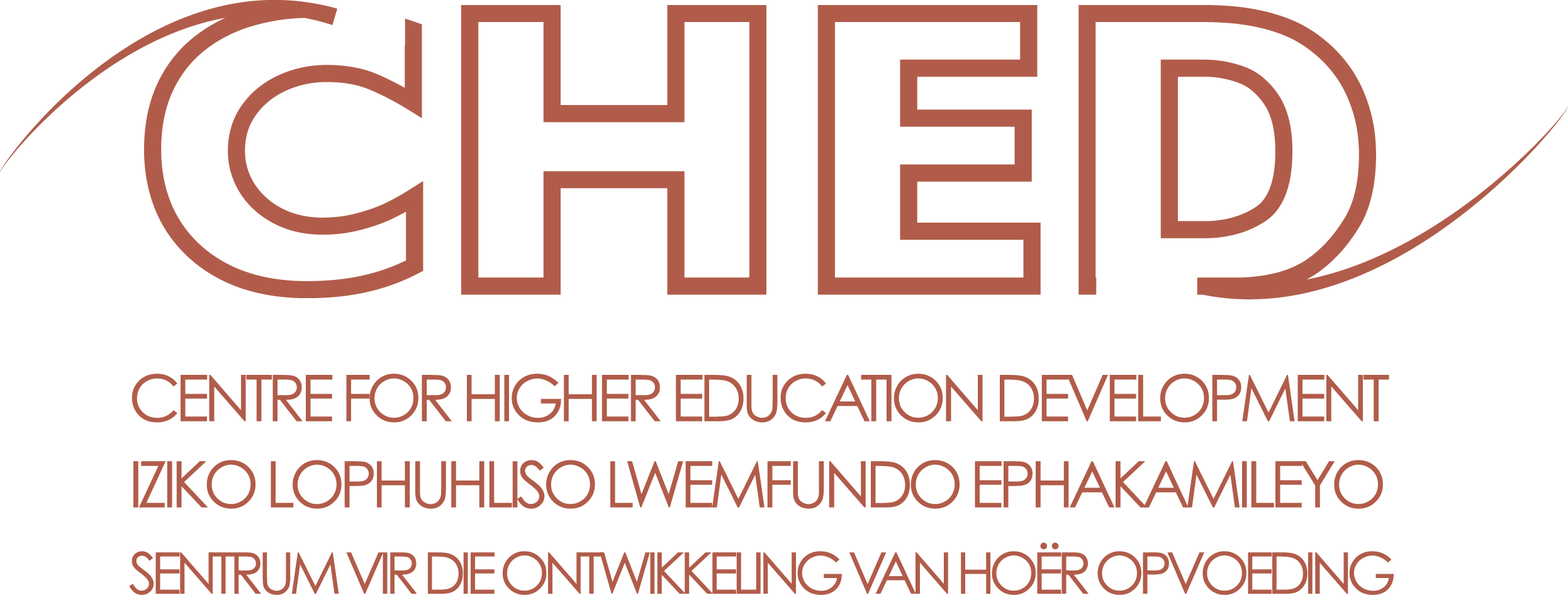This framework is applicable across a variety of audiences, participants and fields, provided the central aim is achieved, namely the enhancing ASPD practices across different contexts of practice. It can be adapted for different purposes for different target groups such as:

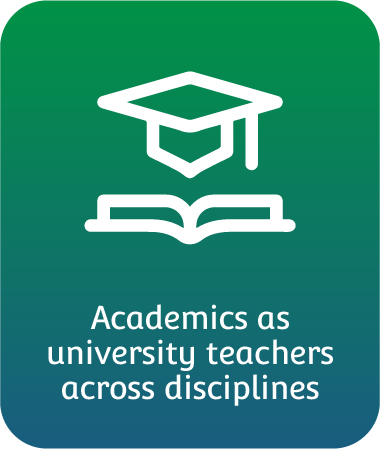
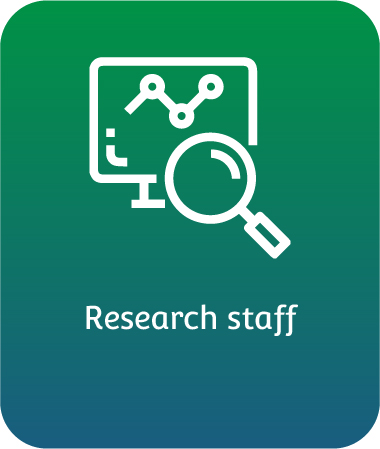
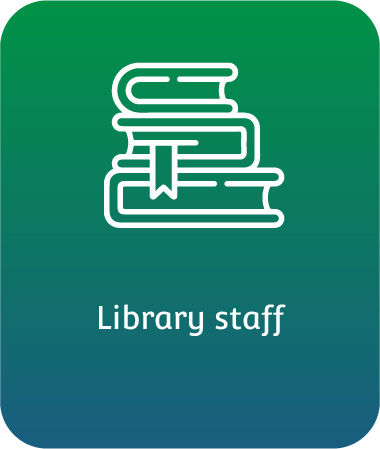
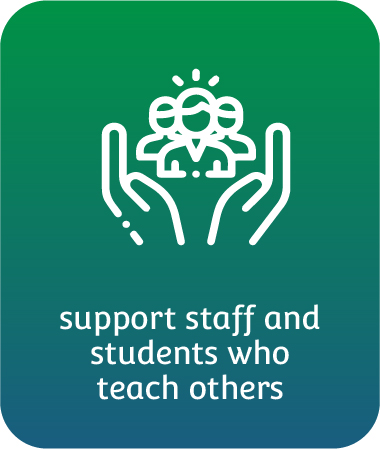
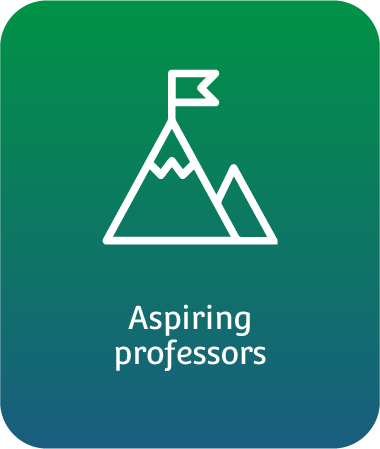

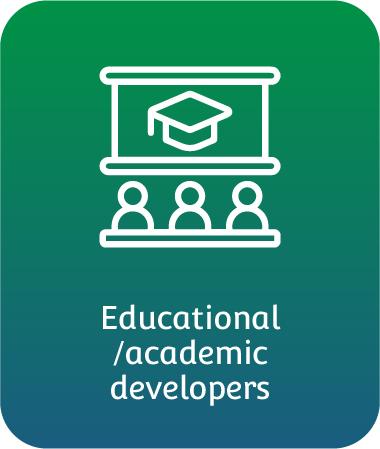
As such, the ASPD Unit is both outward-facing towards faculty, institutional, regional and national work, and inward-facing, towards building capacity among CHED staff (both academic and professional staff), in the development and enhancement of their roles as third space practitioners (Bhabha, 1994; Whitchurch, 2010; Behari-Leak & Le Roux, 2019). Although the focus is ultimately on individual teachers, the framework promotes collaborative learning and does not preclude use by teams for group-based professional development.
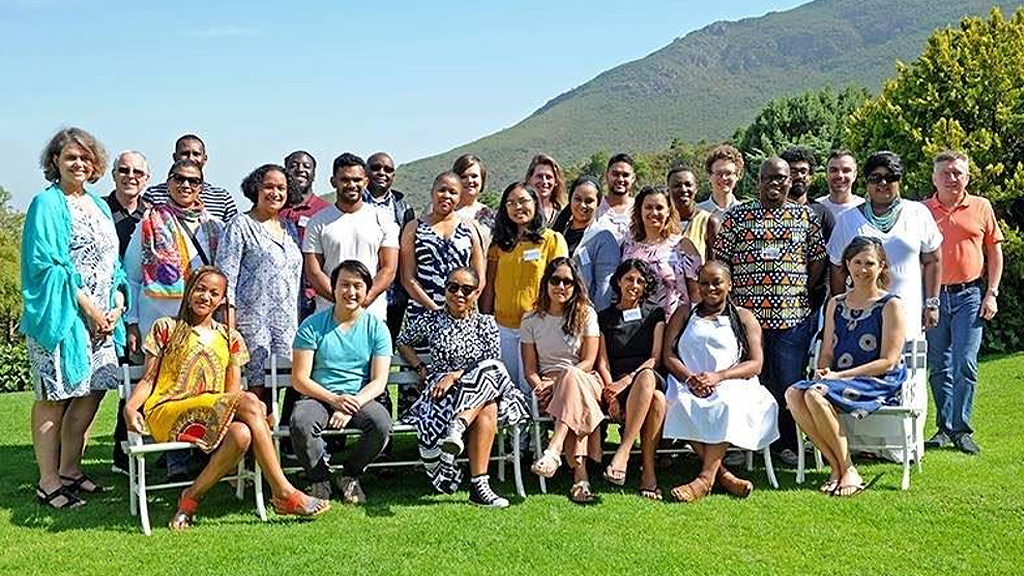
ASPD Signature Pedagogy: Critically reflexive practice
Critically reflexive practice (Brookfield, 1990), Archer, 2000), Schon, 1999) on the Self, the Other, students, epistemology, disciplinary decadence, the context and the world at large is a signature pedagogy and methodology of ASPD. In the current HE context, we need to adopt pedagogies and approaches to learning that go beyond assimilationist or ‘adaptive capacity’ to those that aim to transgress (hooks, 1994), disrupt and transform our current pathways (Lotz-Sisitka et al, 2015; Pelling et al, 2015). Such broader, societal transformation always requires transformation on an individual level (Glasser, 2019) at the level of Self, which can be liberating and empowering but is often fraught with uncertainty and some degree of anxiety (D’all Alba, 2005: 369). As discussions of privilege and responsibility can evoke emotions of vulnerability, fear, anxiety and guilt, teaching may need to adopt critical pedagogies that respond to this affective side. For example, critical pedagogies of emotion (Zembylas et al, 2014), liberation pedagogies (Freire, 1970), pedagogy of vulnerability (Behari-Leak et al, 2019) and transformative learning (Mezirow, 2000) enable reflection on one’s underlying assumption and values in order to seek ‘new ways’ of doing, thinking, being, because “attitude is more valuable than knowledge” (Maldonado-Torres, 2016). This may include moving beyond the common learning outcome of critical thinking to a broader notion of ‘critical being’ (Broom, 2011) that recognises full personhood: a student’s spiritual, emotional, intellectual, and physical being.
Contact details
ASPD Interim Director: Associate Professor Kasturi Behari-Leak
ASPD Administrative Officer: Ms Avril Dawson
